First of all, the title of a "Psychology Major" is something that seems to ruffle some feathers of certain people. No, not every psychology major will become a therapist or a psychiatrist (one who prescribes medication based on mental health disorders, usually). Many of these majors won't even go into the psychological field. However, we all have heard our fair share of crazy assumptions and studied about how healthy people can do evil things. Due to our similarities, regardless of what we do with this degree, I wanted to list some things we are all familiar with as blessed psychology majors.
We all know that the "guy in the white lab coat" is a huge influence in most of the psychological experiments we study. I wonder if anyone who hasn't studied psychology would understand this joke...
I graciously learned from one of my psychology professors about causation vs correlation. Basically, hardly anything is caused, but correlated. The struggle is real when we hear someone say that people of color are in prison because they are of color...
This one is all too real. The second we tell someone about our major, we are bombarded with questions about "Oh, so what am I thinking now?" We have no idea. Just because we study theories doesn't mean we know what you want for dinner.
The Bobo doll experiment taught us that children learn by watching others, at least most of them do. So, when children see their parent yelling at their other parent, they pick up on that behavior and maybe even do the same. We have to watch what we do around our little ones; their brains are sponges . . . absorbing the good AND bad they see, hear, feel, and experience.
This is usually a joke people tell once they find out you're a psychology major. The funny part about the joke, though, is that one has to want to change. People make the mistake of assuming that therapy will fix them. It won't. You will help yourself when you realize that what you've always been doing won't work anymore or doesn't alleviate the pain anymore. You have to let yourself heal.
One of the first lessons my favorite psychology professor said was "What would your first question be if someone told you one was in a car accident?". We all thought for a moment. Then he said, "Would you ask about what kind of car it was? Who they got into a wreck with? If their car was totaled?" He waited then said, "Of course not! You would ask them how THEY are. How THEY feel. If THEY need help." At least, any sensible person would, right? It's about the person, the person matters. We make a grave mistake when we put things over people.
This couldn't be more true. I did think that I would understand people better with all of this new information and study findings. However, it isn't exactly attractive to say, "Hey, I know what your problem is! There was a study once that...". No. I am learning more about how to understand myself than I am about other people. When I can understand myself better, then maybe I will worry about other people. And maybe, people aren't meant to be understood, but loved.




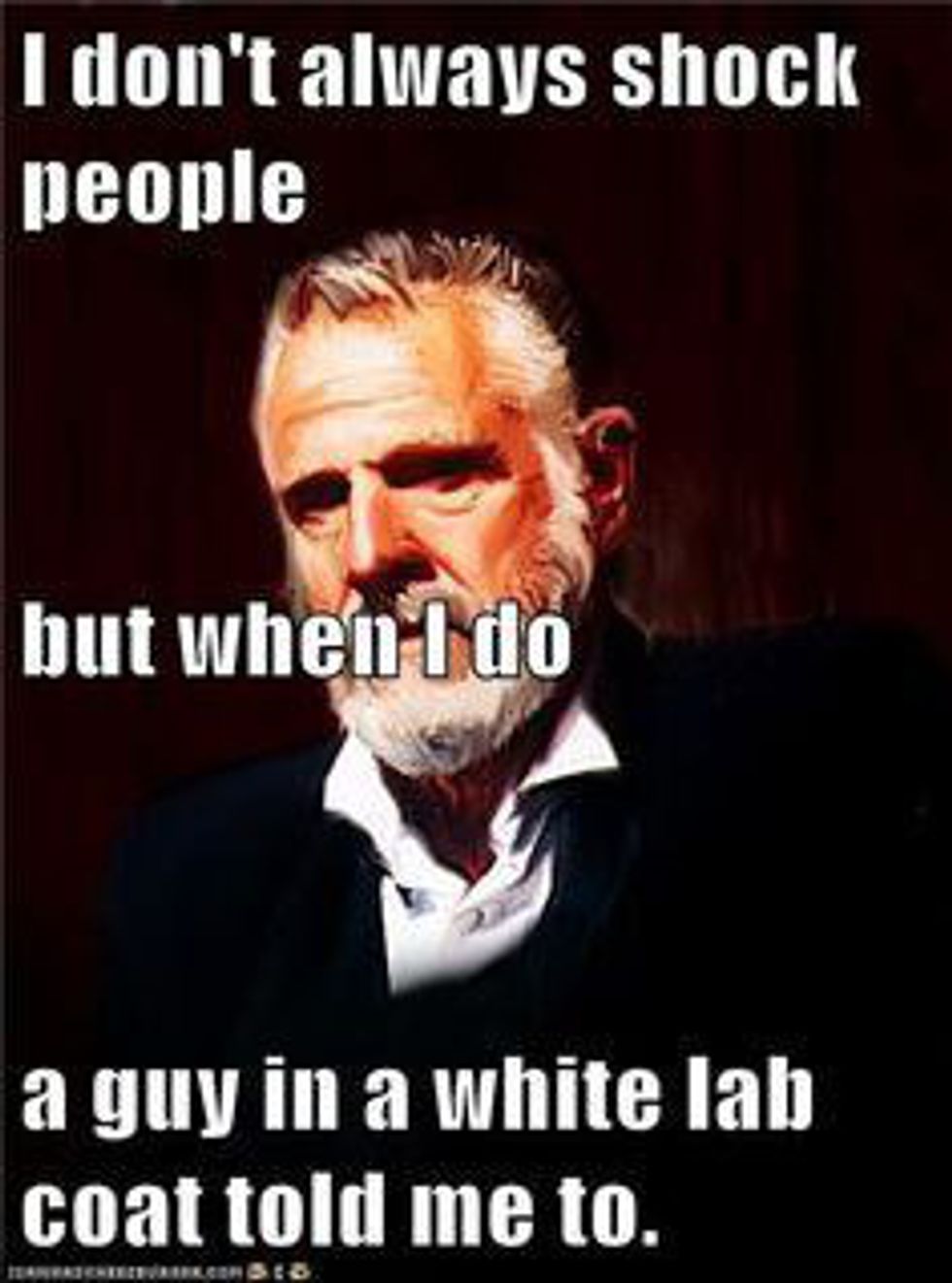
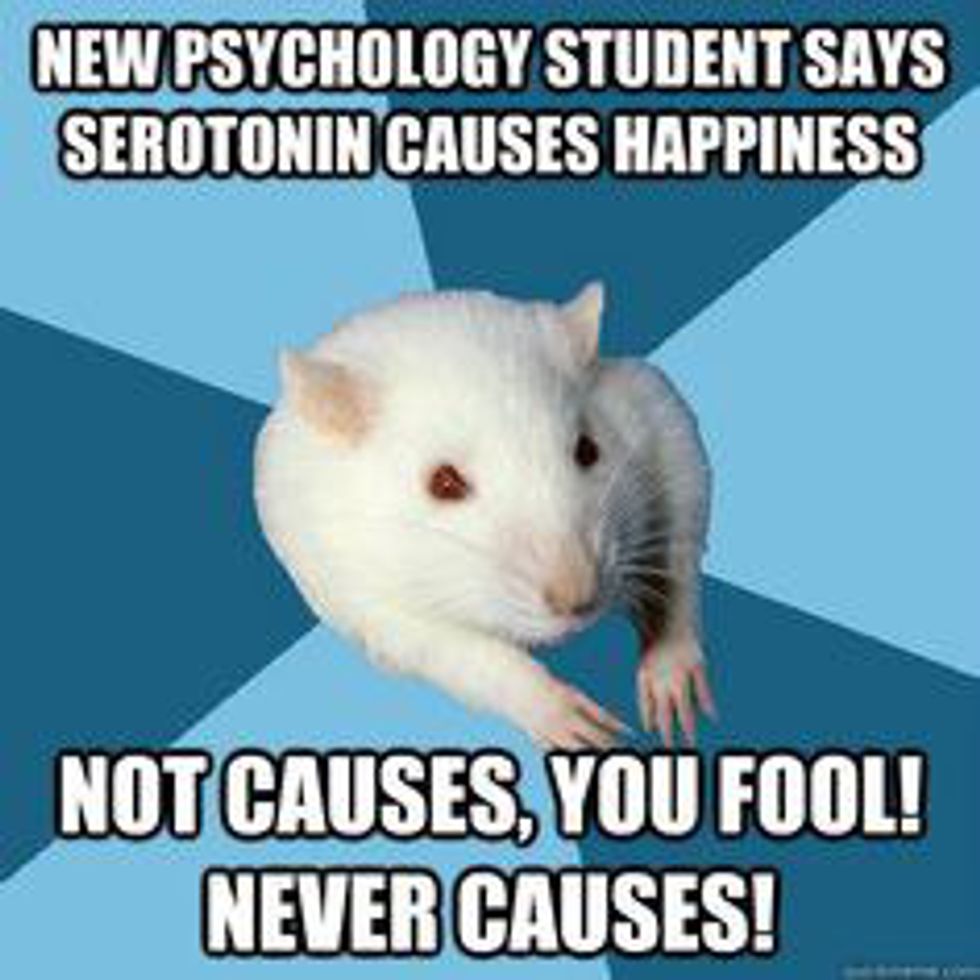

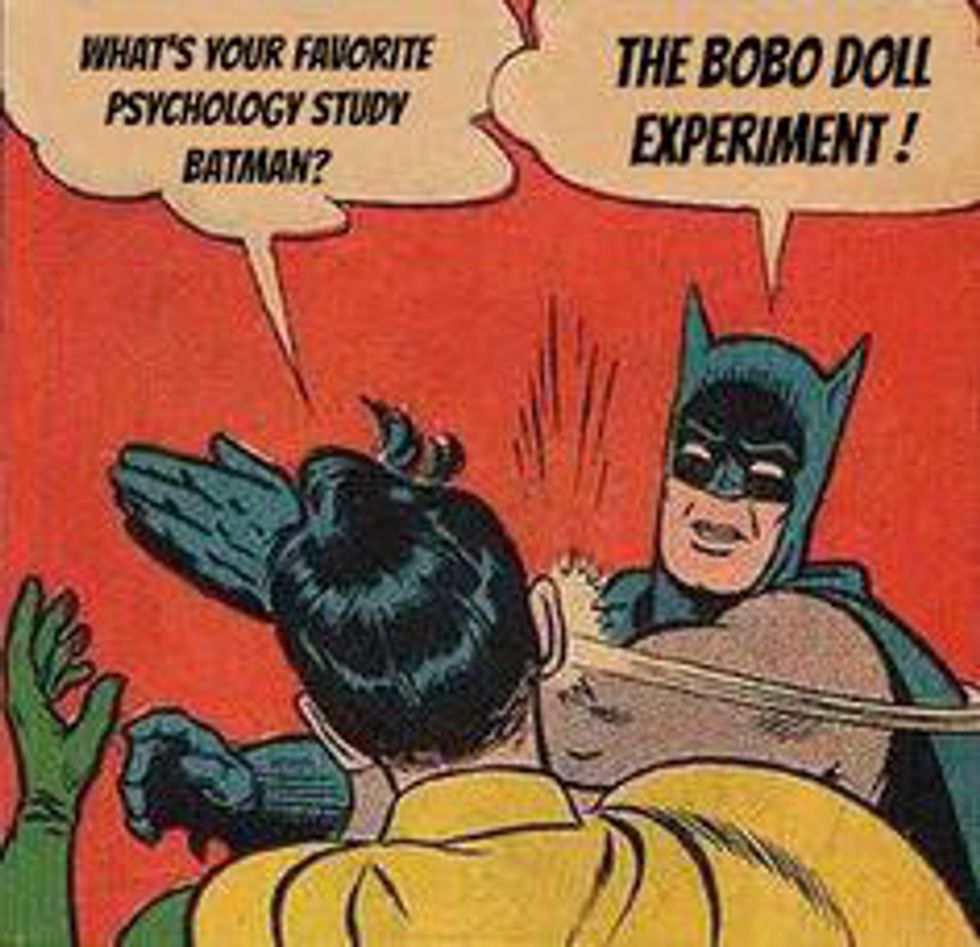

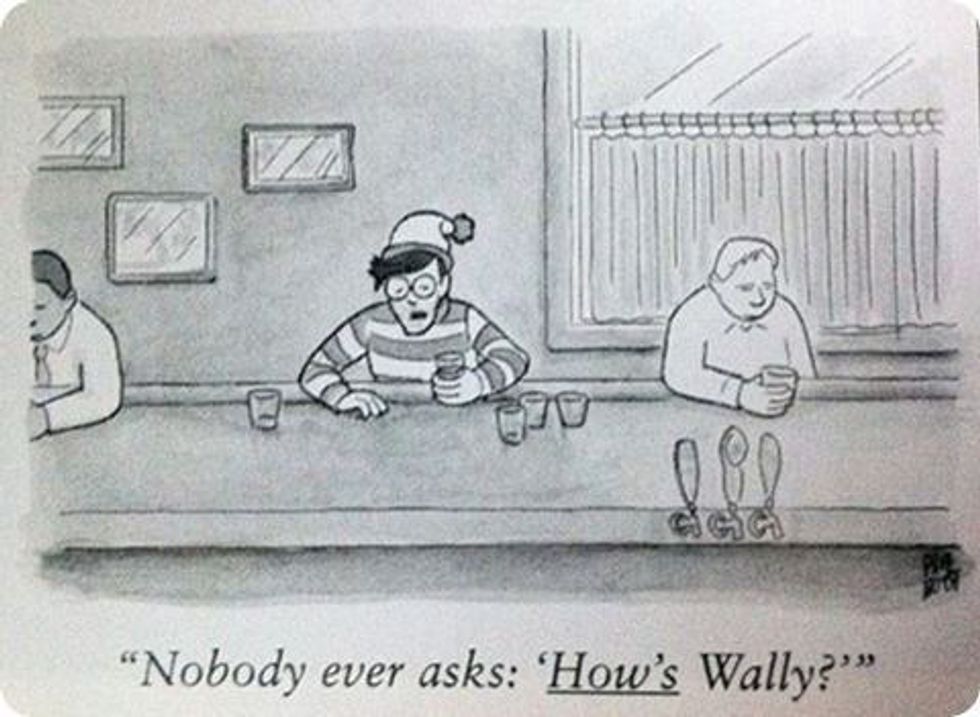
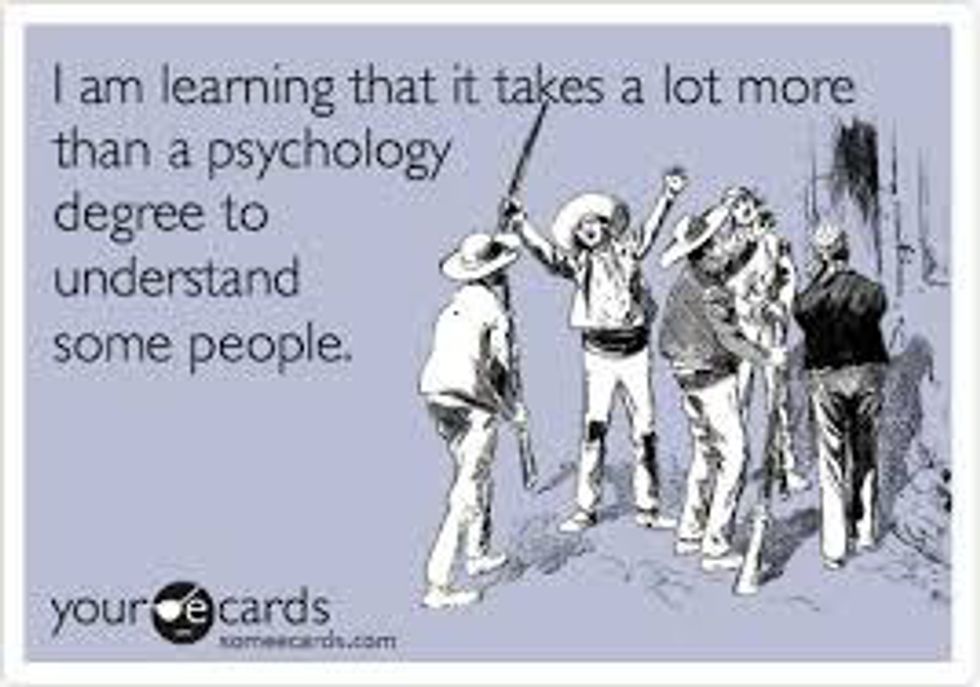
 mr and mrs potato head
StableDiffusion
mr and mrs potato head
StableDiffusion



















